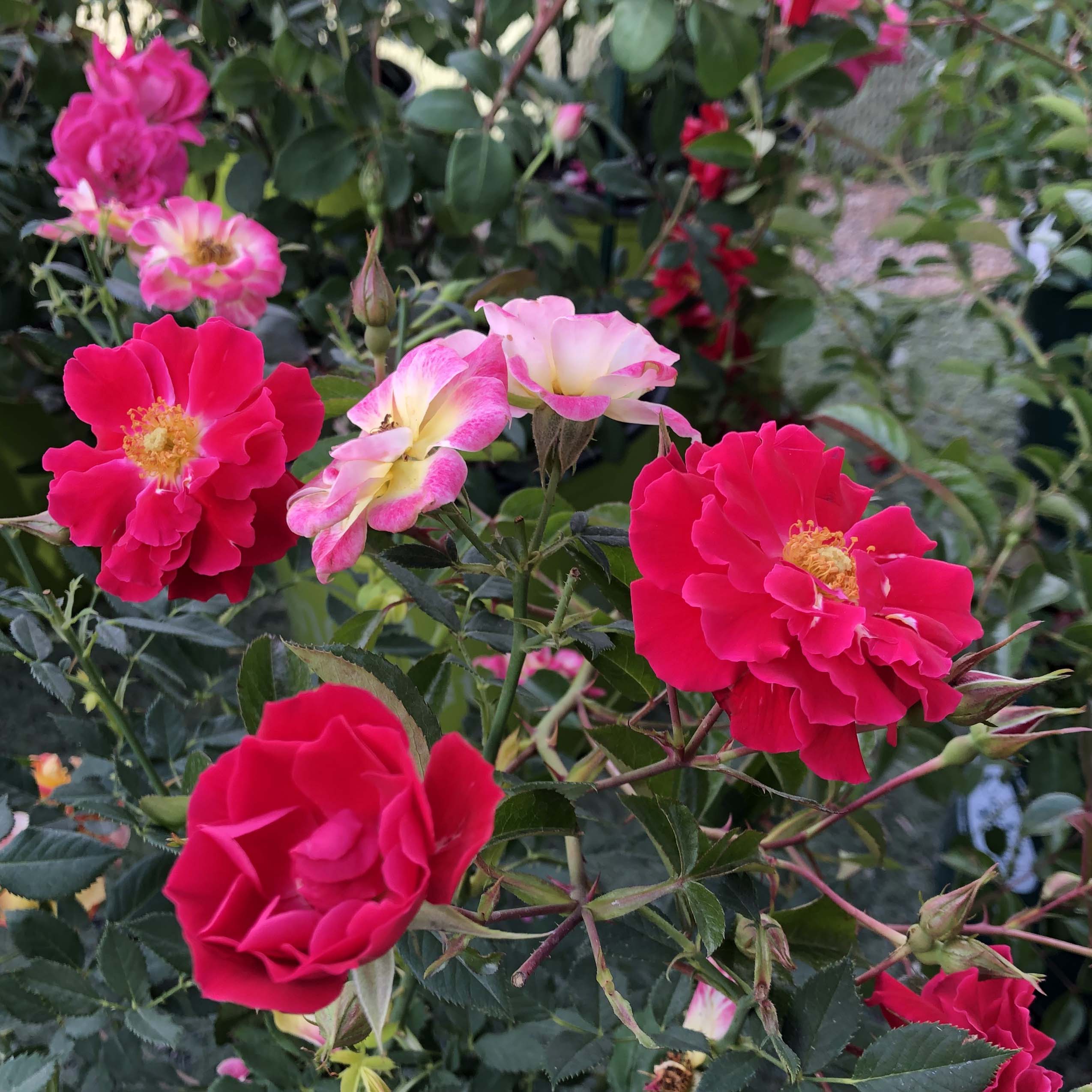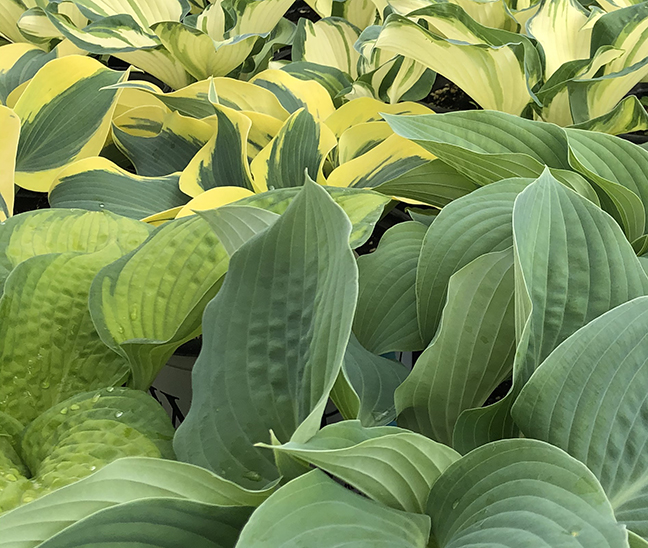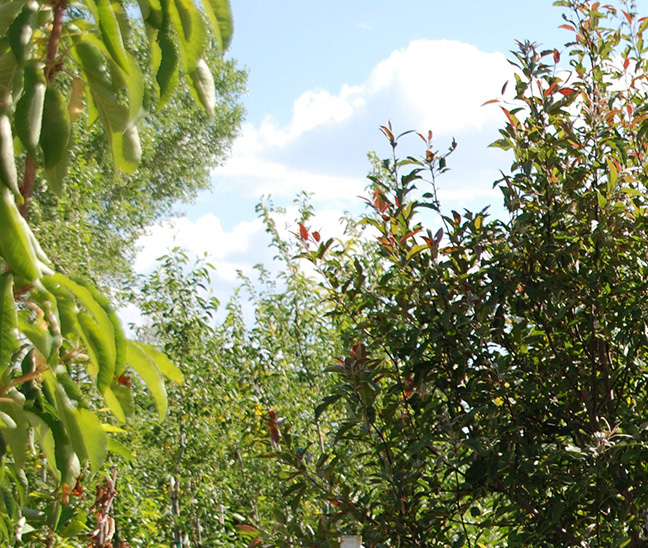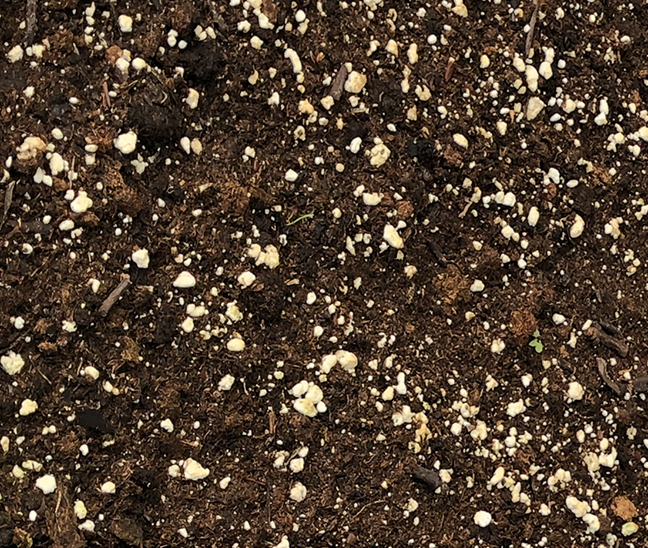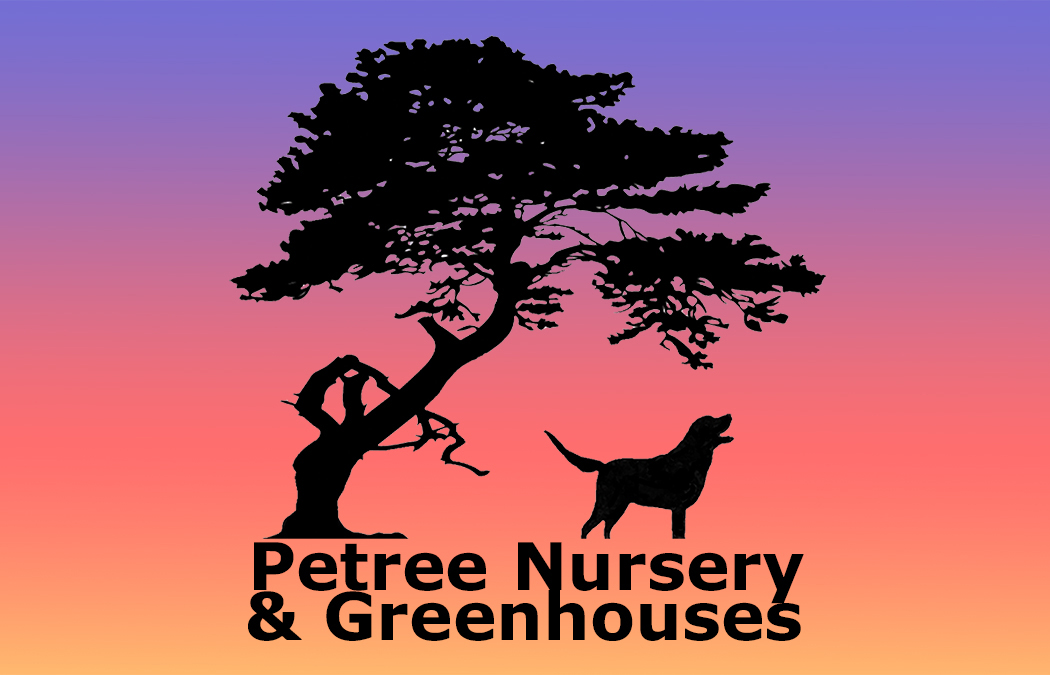From the arborist...
I like to fertilize my trees once a year in the springtime, using a humate-based, slow-release fertilizer. It's best to put down fertilizer when the ground is damp, but not soggy. It does no good to try to fertilize when the ground is frozen, so if your ground hasn't thawed yet, you still have time before you need to think about fertilizing.
Use a fertilizer with low N-P-K levels, such as 5-3-1. When you're fertilizing your trees, do not let the product touch the trunk. You only need to put it down along the dripline, which is the circumference of the tree’s canopy, where the roots reach to take up moisture and nutrients. Top dress the fertilizer with mulch or compost and let the fertilizer seep in.
Also, don't forget your trees need consistent watering this time of year. Here in Taos, I'm watering my trees once a week these days. If you're in a hot stretch where you live, I recommend you do the same.



